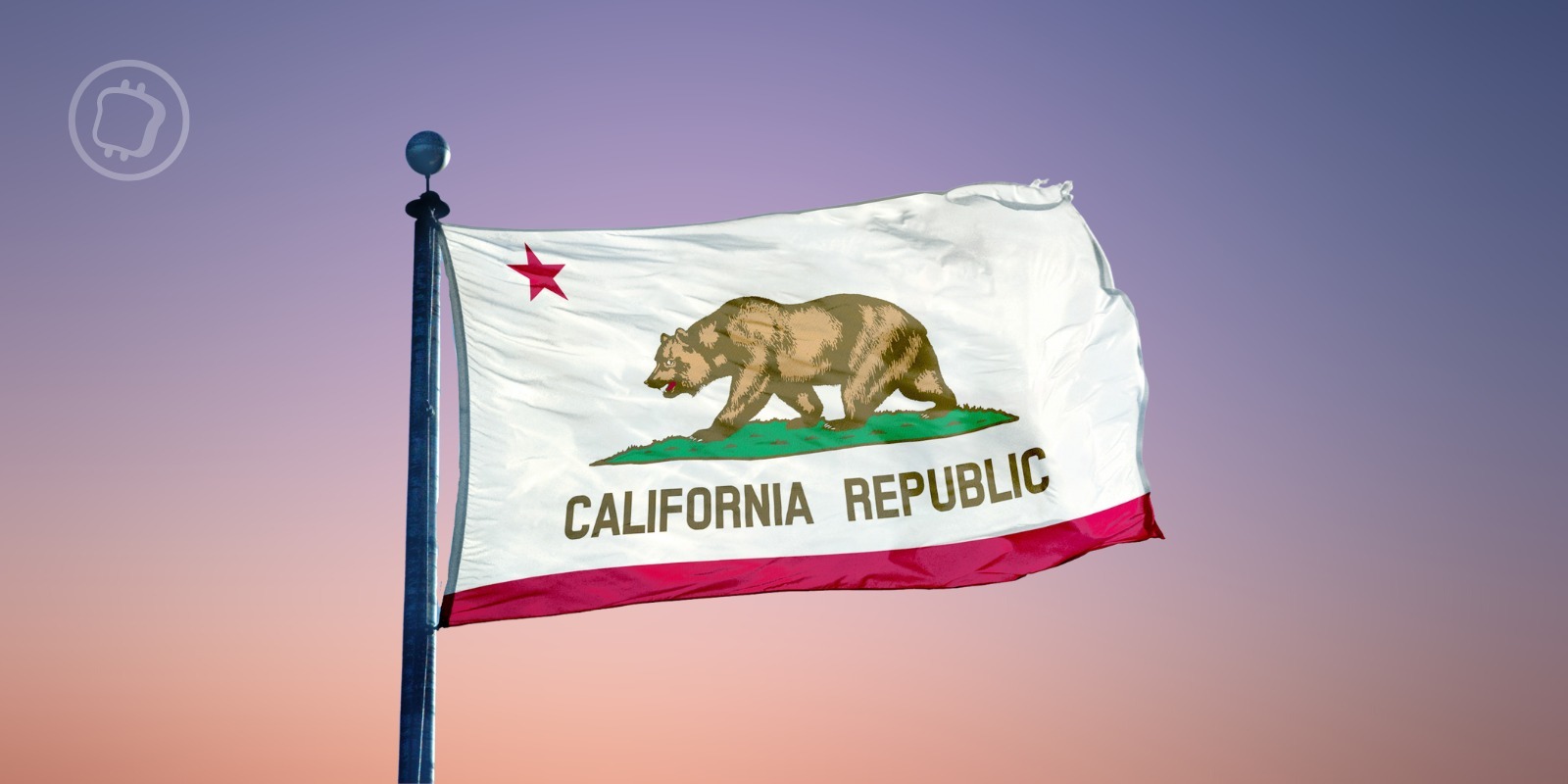Decentralised autonomous organisations, or DAOs, are one of the backbones of the crypto ecosystem. And they could soon receive official recognition in California, USA. A bill backed by Andreessen Horowitz, among others, shows that Web3 structures and government entities are now seeking points of convergence.
DAOs soon to be recognised in California
As a reminder, although decentralised autonomous organisations are entities that encompass large projects – both technologically and financially – they still exist in a regulatory limbo. In the United States, they have difficulty protecting their members or obtaining a status that gives them a legal basis. For the advocates of this bill, the challenge is to recognise them.
This would mean bringing DAOs into the category of “unincorporated associations”, a status that already exists in Californian law. As Miles Jenninges of Andreessen Horowitz, who supported the bill, points out, this would allow DAOs to address some common problems:
1/ DAOs continue to be threatened by a number of significant legal challenges. They can’t pay taxes, protect their members, comply with regulations or defend themselves in court.
This new California DAO bill could change all of that. https://t.co/lyJlKAkPyo pic.twitter.com/pTEMMEYHOx
– miles jennings | milesjennings.eth (@milesjennings) April 24, 2023
DAOs continue to be threatened by several significant legal difficulties. They cannot pay taxes, protect their members, comply with regulations or defend themselves in court. “
To recognise or to allow to exist?
For San Francisco Assemblyman Matt Haney, creating a legal framework for DAOs helps ensure the survival of many Web3 projects, which have been under particular attack from regulators lately:
Blockchain, Web3, crypto… Whatever you call this new technology, we know it is the future of tech. It would be devastating to both our economy and our identity to lose California’s status as a world leader in Tech because we failed to evolve our laws. “
So this is a particularly strong sign of changing times. But is it necessary to bring DAOs back into the fold of mainstream institutions? While legal uncertainty can prevent some DAO actions, it can also protect them. As we have seen recently, the SEC has brought a lawsuit against SushiSwap. Its figurehead, Jared Grey, is the target, but who is really responsible? All the token holders, or just one person?
So far, regulators have only been able to tackle DAOs by targeting individuals – so the effect is limited at this stage. While the legal clarifications brought about by laws similar to the one in California can therefore be seen as progress, they raise questions. Does a technology that has been created to exist outside of traditional legal and governmental structures really benefit from official status? This is the thorny question that often arises in the ecosystem.
